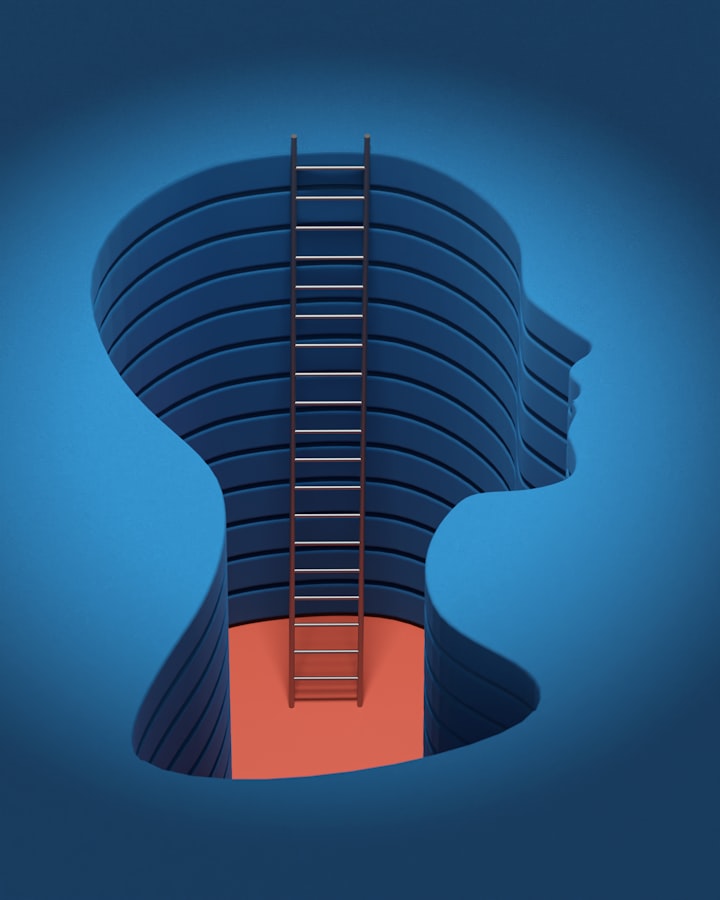
What is the difference between stress, anxiety and depression? What is Anger? Illustrate with the help of suitable examples.
What is the difference between stress, anxiety and depression?
Stress arises when you don’t accept a happening at psychological level. It can be due to various reasons. After sometime if the stress is not resolved, mind starts a secondary loop of thoughts ‘Why am I unable to deal with this?’. The suffering increases which is called anxiety. At last, when we give up against that particular problem, it’s the worst stage of suffering known as depression.
What is Anger?
Anger is a form of stress with greater intensity which might provoke instantaneous action. The reason is still non-acceptance of a happening in the external world.
Stress and anger are becoming intense among human beings with the passage of time because of increasing sense of materialistic competition and evolution of media and technology. Some light must be thrown upon the ways to deal with such problems for effective living in today’s world. Without learning to deal with such personal problems, the richer experience of life is not possible.
There’s a fine line between stress and anxiety. Both are emotional responses, but stress is typically caused by an external trigger. The trigger can be short-term, such as a work deadline or a fight with a loved one or long-term, such as being unable to work, discrimination, or chronic illness. People under stress experience mental and physical symptoms, such as irritability, anger, fatigue, muscle pain, digestive troubles, and difficulty sleeping.
Anxiety, on the other hand, is defined by persistent, excessive worries that don’t go away even in the absence of a stressor. Anxiety leads to a nearly identical set of symptoms as stress: insomnia, difficulty concentrating, fatigue, muscle tension, and irritability.
Both mild stress and mild anxiety respond well to similar coping mechanisms. Physical activity, a nutritious and varied diet, and good sleep hygiene are a good starting point, but there are other coping mechanisms available.
If your stress or anxiety does not respond to these management techniques, or if you feel that either stress or anxiety are affecting your day-to-day functioning or mood, consider talking to a mental health professional who can help you understand what you are experiencing and provide you additional coping tools. For example, a psychologist can help determine whether you may have an anxiety disorder. Anxiety disorders differ from short-term feelings of anxiety in their severity and in how long they last: The anxiety typically persists for months and negatively affects mood and functioning. Some anxiety disorders, such as agoraphobia (the fear of public or open spaces), may cause the person to avoid enjoyable activities or make it difficult to keep a job.
According to the latest data from the National Institute of Mental Health, 31% of Americans will experience an anxiety disorder during their lifetimes.
One of the most common anxiety disorders is generalized anxiety disorder. To identify if someone has generalized anxiety disorder, a clinician will look for symptoms such as excessive, hard-to-control worry occurring most days over six months. The worry may jump from topic to topic. Generalized anxiety disorder is also accompanied by the physical symptoms of anxiety.
Another type of anxiety disorder is panic disorder, which is marked by sudden attacks of anxiety that may leave a person sweating, dizzy, and gasping for air. Anxiety may also manifest in the form of specific phobias (such as fear of flying) or as social anxiety, which is marked by a pervasive fear of social situations.
Anxiety disorders can be treated with psychotherapy, medication, or a combination of the two. One of the most widely used therapeutic approaches is cognitive behavioral therapy, which focuses on changing maladaptive thought patterns related to the anxiety. Another potential treatment is exposure therapy, which involves confronting anxiety triggers in a safe, controlled way in order to break the cycle of fear around the trigger.
About the Creator
Saad Jutt
As a student-inspired writer, I am passionate about crafting powerful narratives that explore the complexities of the human experience and connect with readers on an emotional level.






Comments
There are no comments for this story
Be the first to respond and start the conversation.